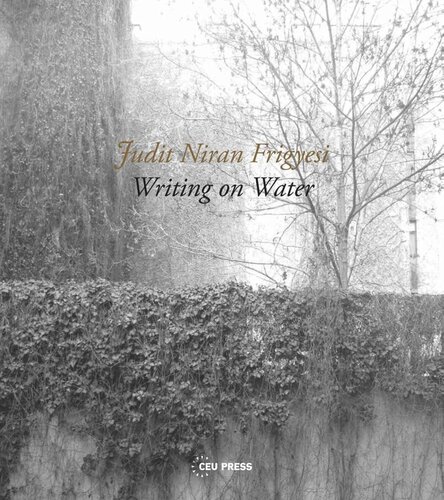

Most ebook files are in PDF format, so you can easily read them using various software such as Foxit Reader or directly on the Google Chrome browser.
Some ebook files are released by publishers in other formats such as .awz, .mobi, .epub, .fb2, etc. You may need to install specific software to read these formats on mobile/PC, such as Calibre.
Please read the tutorial at this link: https://ebookbell.com/faq
We offer FREE conversion to the popular formats you request; however, this may take some time. Therefore, right after payment, please email us, and we will try to provide the service as quickly as possible.
For some exceptional file formats or broken links (if any), please refrain from opening any disputes. Instead, email us first, and we will try to assist within a maximum of 6 hours.
EbookBell Team

4.3
58 reviewsWriting on Water is an attempt to grasp the phenomenon of sound in prayer, that is: a meaning in sounds and soundscapes, and a musical essence in the act of praying. The impetus for the book was the author's fieldwork among traditional Jews during the era of communism in Budapest and Prague. In that era the Jewish religion and Jewishness in general were supressed; the rituals were semi-secret and became inward-turning. The book is a witness to these communities and their rituals, but it goes beyond documentation. The uniqueness of the sounds of the rituals compelled the author to try to comprehend how melodies and soundscapes became the sustaining/protective environment, as well as the vehicle, for the expression of a world-orientation—in a situation where open discourse was inconceivable. The book is based on extensive interviews, musical recordings, photographs and scholarly analyses. It is unique in its choice of communities, its wealth of original documents, and in its novel interpretation of sound. Writing on Water is creative non-fiction. The presentation is evocative and poetic, but nevertheless, it transmits knowledge. Where this potential is understood, the book can aid research and serve in courses in philosophy, religion, music, ethnomusicology, anthropology, aesthetics, Jewish studies, folklore, oral history, and performance studies. At the same time it could be read as belles lettres.